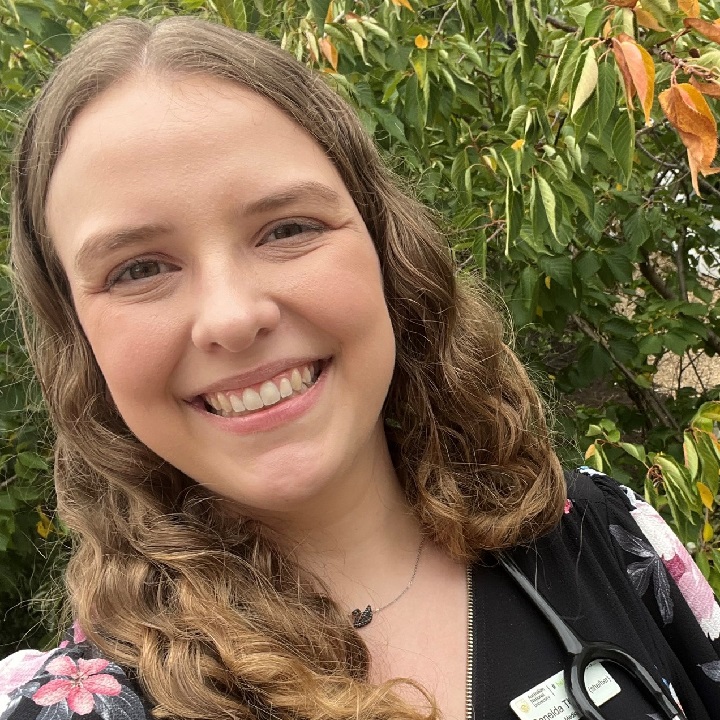Nowadays, plastic food packaging poses risks to the environment and human health. As a promising alternative, emulsion-based biodegradable film has attracted increasing attention. In this system, oil droplets are coated by the protein layers and suspended in the film homogenously to protect food products and extend their shelf life. Recently, the development of protein-phenolic conjugates as encapsulants has received much research interest due to potentially improved emulsifying, antioxidant, and antimicrobial properties, etc. Meanwhile, many literatures have proven the antioxidant and antimicrobial activities of essential oils.
This study investigates the reactions between food proteins and phenolic compounds. The effects of conjugation on proteins' solubility and emulsifying properties are determined. Then, the protein-phenolic compounds are used to encapsulate essential oil as an emulsion. Finally, emulsion-based films are prepared using the casting method, followed by measuring their functional properties. As an application, the fabricated film is applied to preserve cherry tomatoes. The quality and shelf life of the fruit are monitored to investigate the efficacy and effectiveness of protection.
Supervisor: Bo Wang (Principal Supervisor), Pre De Silva
Campus: North Sydney

